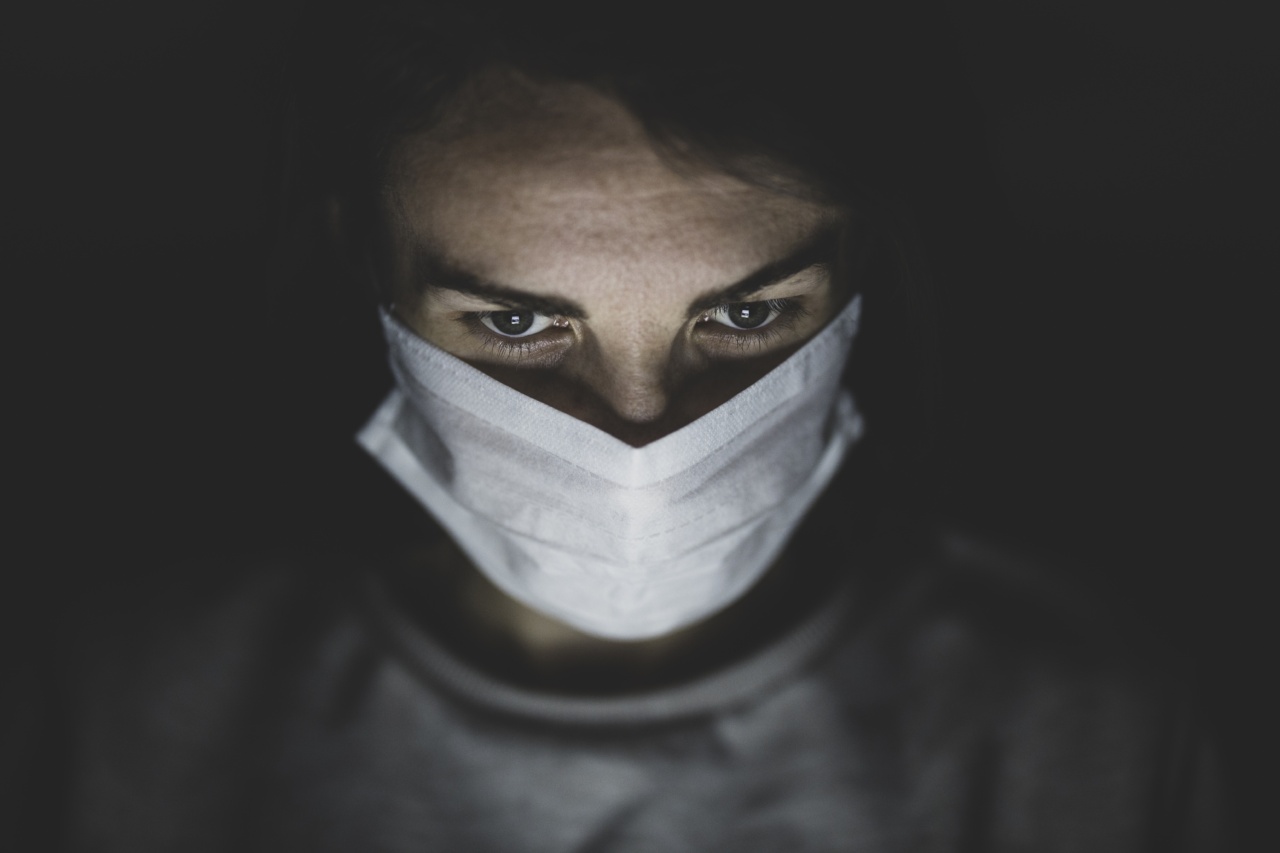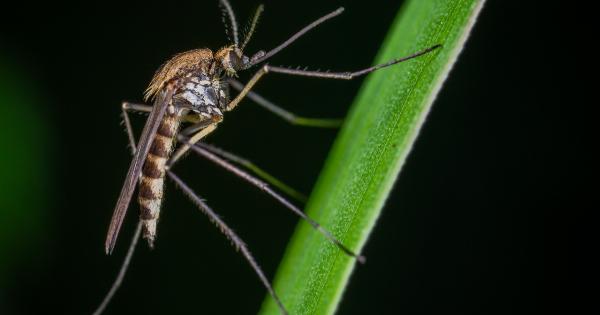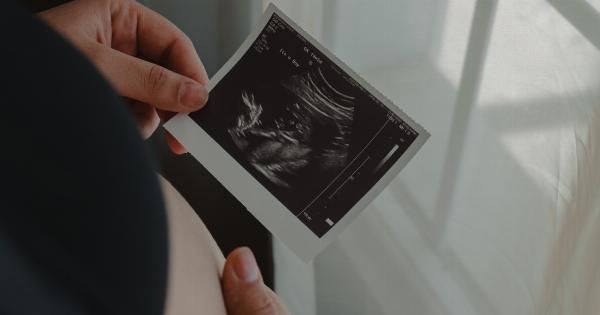Zika virus is primarily spread through the bite of infected Aedes mosquitoes, particularly the Aedes aegypti species. These mosquitoes are typically active during the day, but they can also bite at night.
The virus can also be transmitted through sexual contact, blood transfusion, and from an infected mother to her baby during pregnancy or childbirth.
Symptoms of Zika Virus
Many people infected with Zika virus may experience only mild symptoms or none at all. However, some individuals may develop symptoms that can last for several days to a week. Common signs and symptoms of Zika include:.
- Fever
- Rash
- Joint pain
- Conjunctivitis (red eyes)
- Muscle pain
- Headache
In some cases, Zika infection may lead to more severe complications such as Guillain-Barré syndrome, a rare neurological disorder that can cause muscle weakness and paralysis.
Groups Most at Risk
While anyone can become infected with Zika, certain groups are at higher risk of severe complications. These groups include:.
- Pregnant Women: Zika virus can cause severe birth defects such as microcephaly, a condition where babies are born with abnormally small heads and underdeveloped brains. Pregnant women should take extra precautions to avoid mosquito bites and practice safe sex if their partner has potentially been exposed to the virus.
- Infants and Young Children: Babies and young children have developing immune systems, making them more vulnerable to the effects of Zika virus. It is crucial to protect them from mosquito bites and provide a safe environment.
- Older Adults: Older adults with weakened immune systems may be more susceptible to severe complications if infected with Zika virus. Mosquito control measures should be implemented to reduce their risk of exposure.
- Travelers to Affected Areas: People traveling to regions with ongoing Zika transmission should take preventive measures to avoid mosquito bites and practice safe sex during their trip and for a specific duration after returning home.
- Individuals with Compromised Immune Systems: People with weakened immune systems due to medical conditions or medication are at increased risk of developing severe illness if infected with Zika.
Prevention and Control
Prevention and control efforts are essential to combat the spread of Zika virus. Individuals can protect themselves and their communities by:.
- Using Mosquito Repellent: Apply an EPA-registered mosquito repellent on exposed skin to prevent mosquito bites. Use products containing active ingredients like DEET, picaridin, or oil of lemon eucalyptus for optimal protection.
- Wearing Protective Clothing: Cover exposed skin by wearing long-sleeved shirts, long pants, socks, and shoes.
- Eliminating Mosquito Breeding Sites: Mosquitoes breed in stagnant water. Regularly empty and clean containers that collect water, such as flower pots, bird baths, and discarded tires.
- Practicing Safe Sex: Use condoms correctly or abstain from sexual contact to prevent sexual transmission of Zika virus.
- Seeking Early Medical Care: If experiencing symptoms of Zika or if there is a potential exposure, seek medical attention to receive appropriate care and guidance.
Conclusion
Zika virus spreads primarily through the bite of infected mosquitoes, but it can also be transmitted through sexual contact, blood transfusion, and mother-to-child during pregnancy or childbirth.
While most people infected with Zika experience mild symptoms or none at all, pregnant women, infants, older adults, travelers to affected areas, and individuals with compromised immune systems are at high risk of severe complications. It is crucial to follow preventive measures to control the spread of Zika virus and protect vulnerable populations.





























